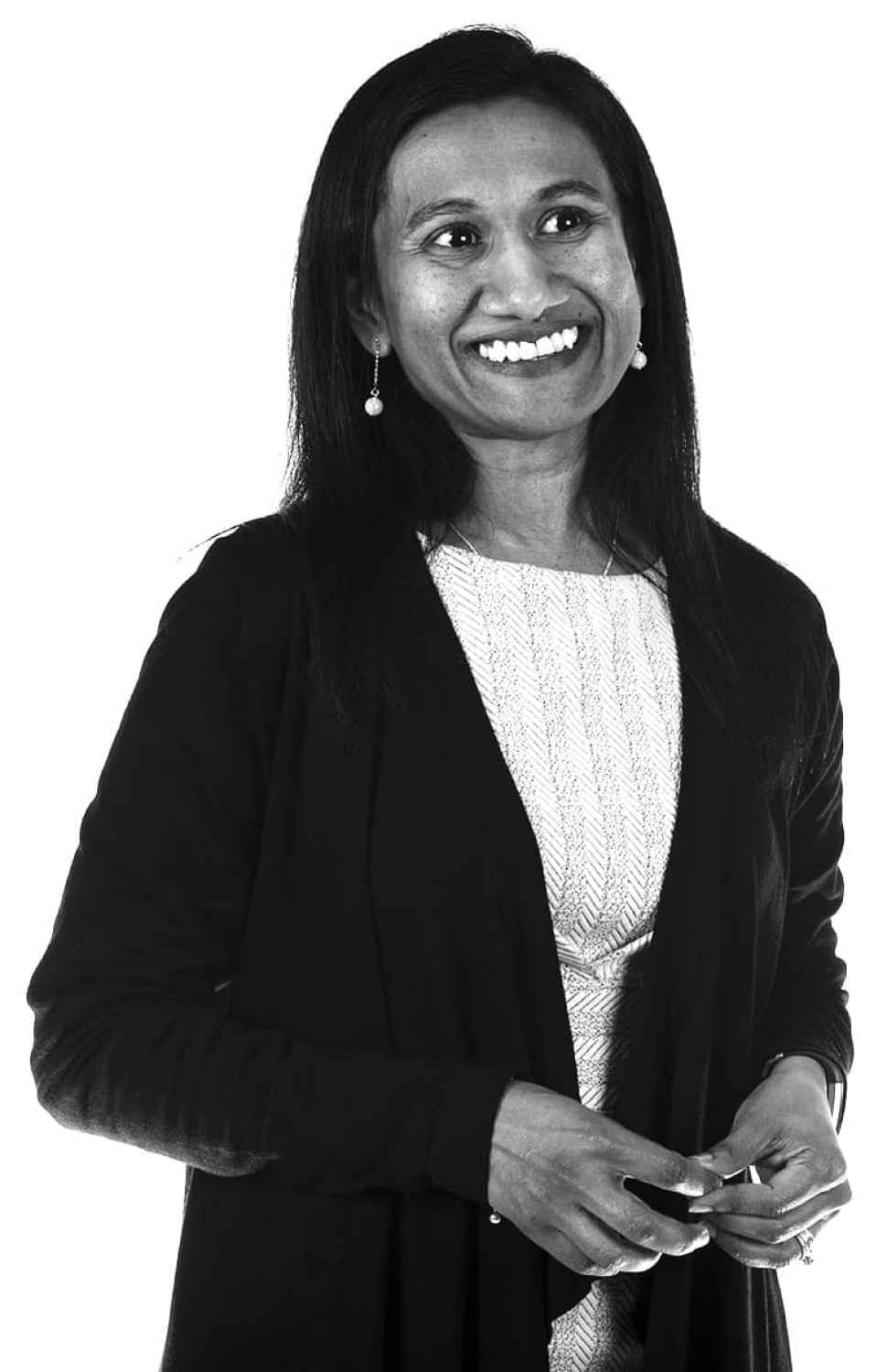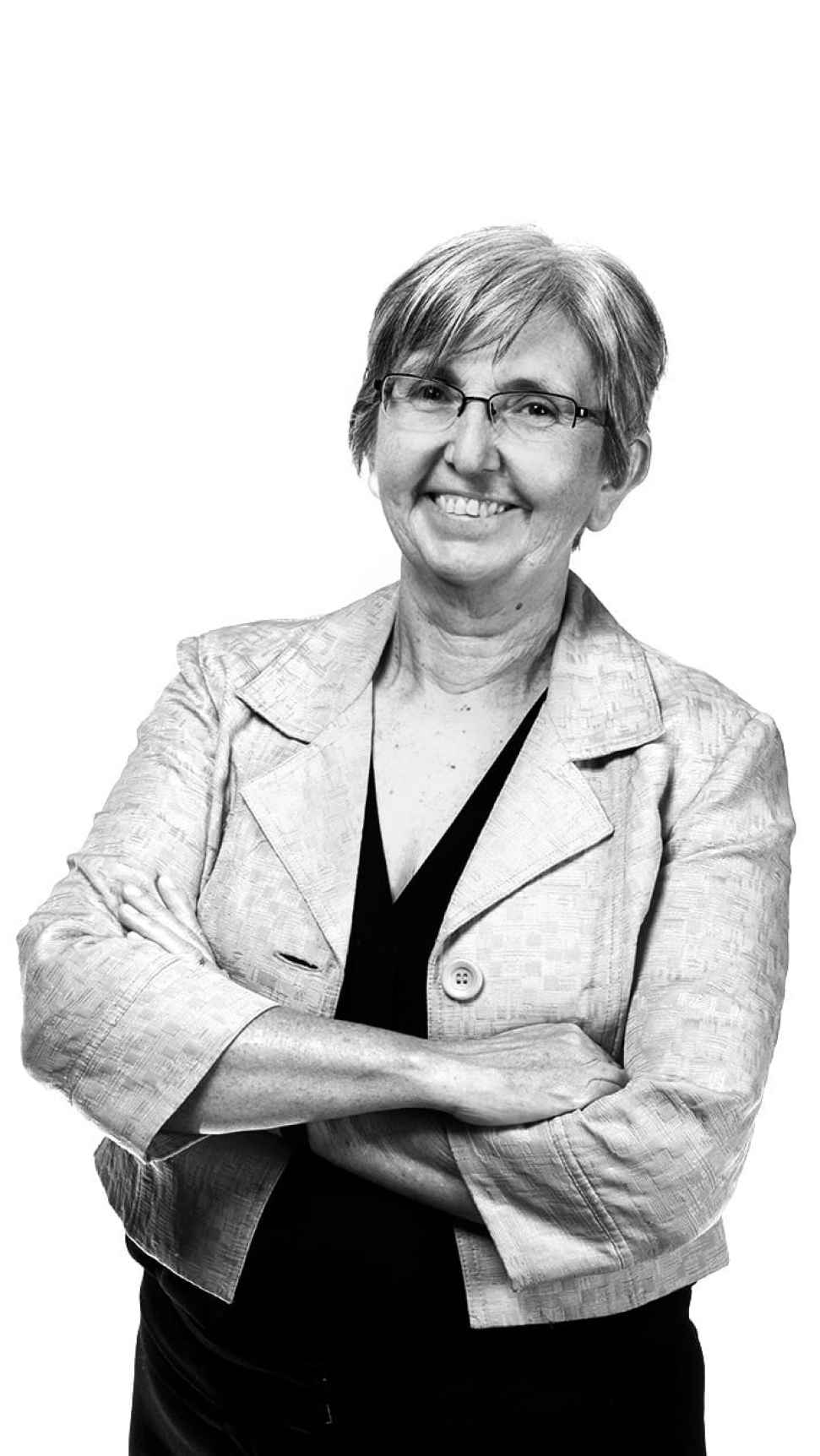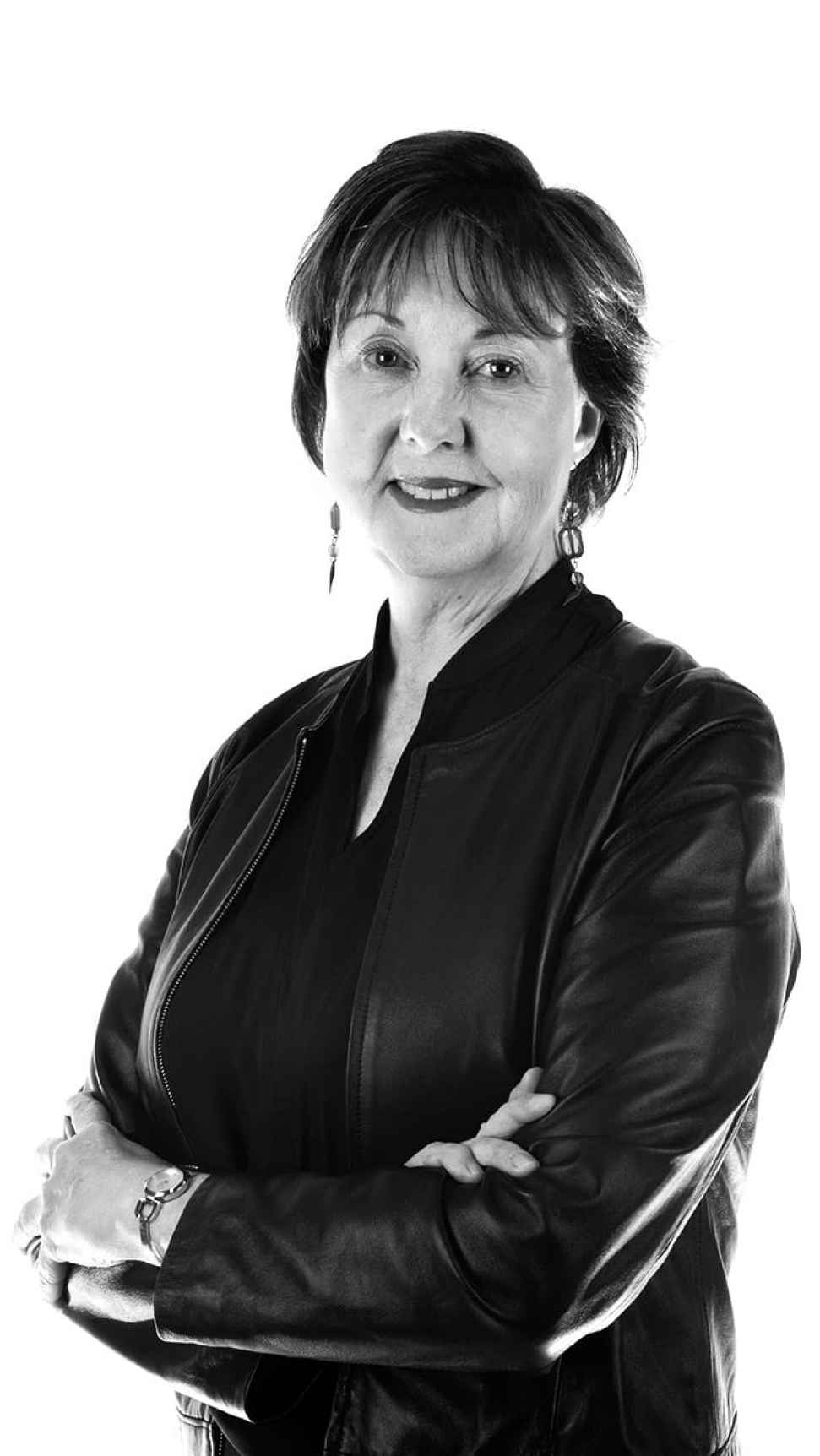Remembering our elderly
in the digital age
Digital health and assistive technologies
What could you do with the support of three experienced researchers? For early career researcher Dr Lua Perimal-Lewis, answering this question means trialling a new app for people with early stage memory loss, working with the elderly and ageing, and building a team with diverse interests and skills.
The world of grants and publications is cut-throat, which can be especially difficult when you’re an early career researcher. Without experience, it’s hard to become a principal investigator or build your own lab. You must learn how to write grant applications, budget, manage other people, foster collaborations, connect with stakeholders, generate ideas and continue building your research.
Getting traction in these early years is fundamental to a successful career in research. It’s why we have targeted early career researcher grants and development opportunities. It’s also what led chief investigators Professor Anthony Maeder (engineering, director of the Flinders Digital Health Research Centre), Professor Jennifer Tieman (health: nursing) and Professor Sue Gordon (health: physiotherapy) to join forces with early career researcher, Dr Lua Perimal-Lewis, and create the Flinders Assisted for Memory Enhancement (FAME). Lua is taking the lead, with Anthony, Jen and Sue mentoring the up-and-coming researcher as she develops the app, runs a small team and liaises with stakeholders.
They’re interested in seeing her succeed. They’ve pushed Lua into the spotlight—including mainstream media coverage with a Channel 7 interview—and encouraged her to take the lead in managing the team of two: a software developer and a research assistant. At each step, they’ve offered their support, encouragement, ideas and connections.
‘As an early career researcher, you always doubt your decisions,’ Lua explains. ‘But I don’t dread decisions because the investigator team supports and encourages me, whether or not they work out.’
Lua and her team are developing an app for community-dwelling older adults with early-stage memory loss. It’s a kind of personal assistant, featuring a built-in calendar, image-based contact list, brain training and prescribed physical activities.
One of the aims is to enable people with memory loss to organise their daily activities. It is easy for someone with memory loss to forget their schedule and lose track of time, to give up the things they once loved because they keep forgetting to go—whether it’s their monthly book club or weekly coffee catch-ups.
With the calendar functionality of the app, Lua hopes that people who use it to remain connected to their community. By using it, they can continue to go out into the world, socialise, learn new things and lead a healthy lifestyle. The calendar can sync with other people and organisations, so families and friends can schedule times and health providers can input appointments. They can set reminders. They can also scan through a contact list by image, pressing on the photo of the person they want to call. This should make it easier for people with memory loss to call family and friends.
Dementia Australia and Southern Cross Care have seen the potential and partnered with the Flinders University research team, lending their own expert advice to the project. They know how useful it would be to set appointments in their clients’ calendars with reminders 15 minutes—30 minutes, one hour, one day—beforehand.
They also see the app’s potential in delivering intervention. The app is trialling different brain training activities to improve mind function and prevent further deterioration. These include maths, creative, logic and even physical tasks.
Tapping into great communities is Lua’s favourite part of the project. She has spoken to local councils and organisations, as well as partnering with Dementia Australia and Southern Cross Care.
The general enthusiasm for the app drives Lua to imagine the potential for growth beyond the length of the grant and beyond the area of memory loss. Perhaps people with other conditions could use the app to coordinate their health appointments and social life, and remind them to take medications and exercise? Maybe it could be adapted by other organisations or health practitioners to deliver interventions?
Whatever the future holds, Lua is open to possibilities. For the computer scientist, technology is an enabler; it’s another way for people to interact and to enhance their lives.
Lua grew up in Malaysia where senior citizens are called ‘warga emas,’ which translates to ‘golden citizens.’ The elderly are revered, treasured and highly regarded as an important asset to the community, not a burden to the community or the health system—as is often spouted in Australian media.
Lua has always had a soft spot for empowering older citizens to live happily, healthily and independently. Part of this is how close she is to her own ageing parents and grandparents. Her 94-year-old grandma still lives on her own with family support. ‘I feel very strongly about empowering the elderly to seize the freedom and flexibility to engage in meaningful interaction with the community,’ Lua explains. ‘When independence is taken away, you often see a fall in health trajectory.’
For Lua, it’s not enough just saying you believe in independence for elderly people; you need to actively work towards creating a sustainable system to support ageing-in-place that allows our elderly to remain in their own home and community for as long as possible.
Dr Lua Perimal-Lewis is a Research Fellow with the Flinders Digital Health Research Centre. Her capabilities are built on years of software industry experience and her flagship research area is digital health supporting our ageing society. She joined Flinders University in 2010, where she held a dual role as an academic and researcher for many years before transitioning to a full-time research role.
Medical devices and assistive technologies homepage
Discover more research
Using technology to even the playing field
Bringing smart technology to the humble t-shirt
Putting SA on the map for musculoskeletal research
![]()
Sturt Rd, Bedford Park
South Australia 5042
South Australia | Northern Territory
Global | Online





